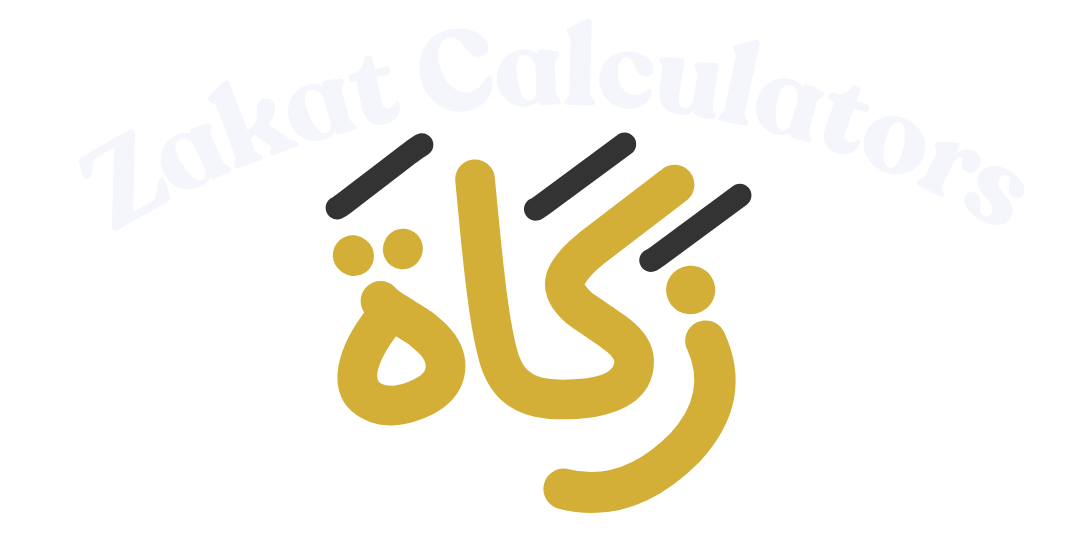
“Establish prayer and give Zakat, and bow with those who bow [in worship].” — Quran 2:43
Zakat is the important pillar of Islam, a divine command that transforms wealth into a source of spiritual growth and social good.
In simple words, Zakat is an obligatory form of charity where eligible Muslims give a small, fixed portion of their wealth to those in need each year.
And the Prophet Muhammad (peace be upon him) said:
“Protect your wealth by giving Zakat.” — Hadith (Tirmidhi)
Why is Zakat necessary in Islam?
Allah Almighty’s every order has a unlimited blessings, Zakat is necessary because it purifies both your wealth and your heart, ensures economic justice, and uplifts the poor and vulnerable. In the era of Hazrat Abu Bakkar RA fight against who said we will not pay Zakat anymore.
In this complete guide I will explains everything, from its meaning and purpose to practical calculation steps, so you can fulfill this essential act of worship with confidence.
Meaning and Origin of Zakat
First learn the basic meaning of Zakat, the word Zakat comes from the Arabic root zakā (زَكَا), which means to purify, grow, and bless.
In Islamic law, Zakat refers to the mandatory almsgiving that purifies one’s wealth and soul while helping people experiencing poverty. It the process of wealth with spiritual benefits.
The Qur’an repeatedly commands this practice.
“And establish prayer and give Zakat, and whatever good you put forward for yourselves—you will find it with Allah.” (Quran 2:110)
Classical jurists such as Imam al-Shafi’i and Imam Abu Hanifa agree that Zakat is a pillar of Islam, second only to prayer in spiritual importance. They describe it as a financial duty and a means of social justice.
The obligation is explicitly detailed in Quran 9:60, which lists eight categories of recipients, including the poor, the needy, and those in debt. Authentic Hadith collections, like Sahih Bukhari, further clarify that Zakat is not optional:
“Islam is built upon five pillars…to pay Zakat…” (Sahih Bukhari, Book of Faith)
This dual foundation—linguistic purity and divine command—shows that Zakat is far more than charity.
It is a spiritual purification of wealth and an act of obedience that strengthens the entire Muslim community.
Spiritual & Social Importance of Zakat
Zakat is not only an act of worship; it’s a transformative social system designed to uplift the entire community, which is blessed to Muslims for improving spiritual power. By giving a small percentage of one’s surplus wealth each year, Muslims fulfill a spiritual duty to Allah and create tangible change in society.
1. Spiritual Benefits
Paying Zakat purifies the heart from greed and reminds believers that all wealth belongs to God. Allah has perfect and ideal planning ever.
“Take from their wealth a charity by which you purify them and cause them to increase.” — Quran 9:103
Many scholars describe Zakat as a “cleansing of the soul.” Dr. Yasir Qadhi, a contemporary Islamic scholar, notes that “Zakat nurtures gratitude and detachment from materialism, turning wealth into a source of blessing rather than pride.”
2. Poverty Relief & Wealth Redistribution
Zakat is a built-in safety net. Funds collected are distributed to the poor, the indebted, and those striving in God’s cause.
- Poverty Relief: Global Islamic charities like Islamic Relief Worldwide report that annual Zakat collections have helped millions of families with food security, education, and healthcare.
- Wealth Redistribution: By moving wealth from those with excess to those in need, Zakat narrows the gap between rich and poor and strengthens social bonds.
- As money transer from rich to poor and circulate in society.
3. Continuous Community Impact
The yearly obligation ensures that resources flow regularly to vulnerable groups, providing sustainable aid rather than one-time donations. This is why Muslims give Zakat yearly—to maintain a cycle of compassion and economic balance.
“Zakat is the best model of wealth circulation known to humankind,” says Dr. Monzer Kahf, an economist specializing in Islamic finance.
